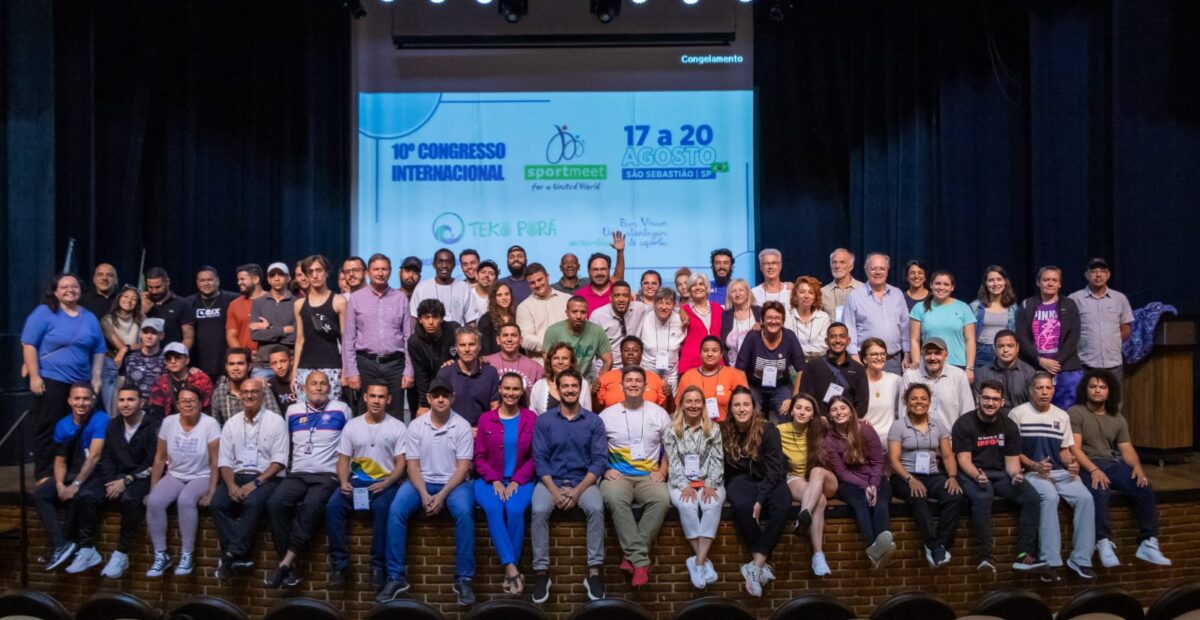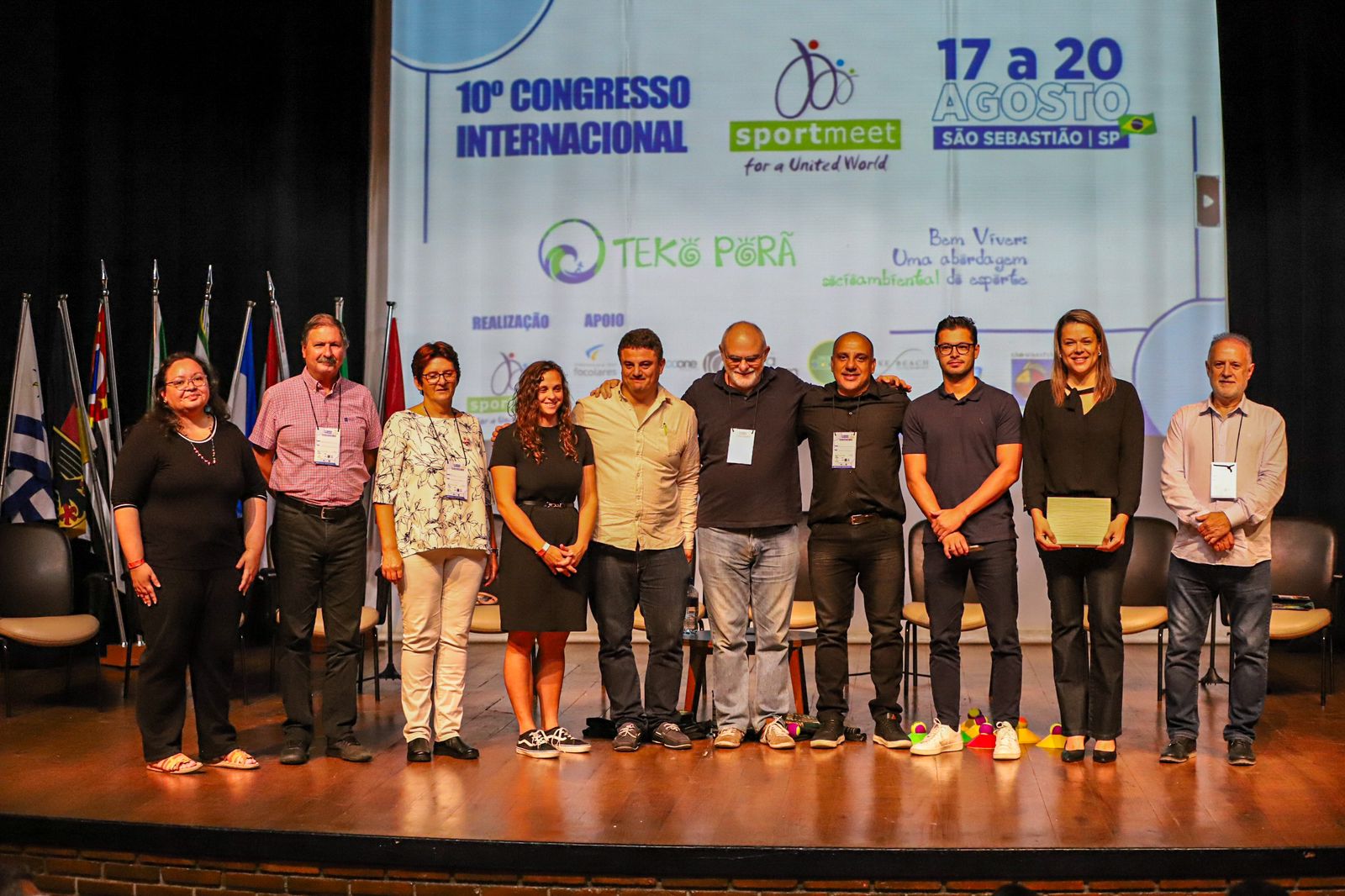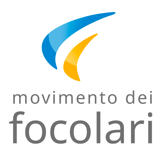
Workshop
Sportmeet for a United World: at the roots of authentic values

Maria Grazia Berretta
The 10th International Congress of Sportmeet for a United World was recently held in São Sebastião, Brazil – 20 years after its inception. It continues to promote a culture and practice of sport that can contribute to peace, development and universal fraternity.
A worldwide network of sportspersons, sports operators and professionals, men and women of all ages, cultures, ethnicities, languages and religions who see physical and sports activities as important and positive realities for the integral growth of the human person and the community; people animated by the desire to contribute, through sport, to development, peace and building a more united world. This is the mission of Sportmeet for a United World, an expression in the world of sport of that spiritual and social renewal that the Focolare Movement wants to contribute to implementing. With a representation at the United Nations by New Humanity, an NGO accredited to UNESCO, this reality celebrated its 20th anniversary a month ago in São Sebastião, Brazil, where the 10th International Congress of Sportmeet for a United World was held. Federica Comazzi, president and international coordinator, told us all about it.
Federica, who took part in this meeting and how were the activities divided out? What were the objectives and topics covered?
The conference was built in collaboration with Ecoone, MPpU (the Political Movement for Unity) and the municipality of São Sebastião (Brazil) which provided the municipal theatre, accommodation and transport through its Department for Sport,.
In collaborating with Ecoone and MPpU, Sportmeet felt supported by these realities that enriched the programme with their contributions, took care of relations with political and academic authorities, and offered an important contribution towards drafting the final manifesto signed at the end of the event.
The objective was to initiate a process of rethinking sport with a socio-environmental perspective, starting from a reflection on the lights and shadows of contemporary sport, enlightened by a principle common to different peoples from different parts of the world, that of Well Being (Teko Porã in Guarani, the language of the indigenous peoples present in the territory of São Sebastião and other parts of South America).
The congress was attended by around one hundred people from eight institutions that are active in the fields of education, recovery from addiction, and social integration in the suburbs of large metropolises and cities in Brazil, Argentina, and Colombia. The programme was developed around the presentation of several papers. Each afternoon there was room for practical activities and an in-depth study of the local culture.
“Can sport, which helps build fraternity between people, also contribute to improving human existence from a socio-environmental point of view?” was one of the questions at the centre of the congress. After looking at nature and the local reality in Brazil, what was the answer to this question?
It became abundantly clear that the fight against poverty and a new economic paradigm not based exclusively on the quantitative parameters of growth stand out not only as a necessity, but also as an emergency. In this context it was made very clear how play and sport constitute an irreplaceable force with enormous potential in terms of human development and the spread of a culture of sharing resources, basic elements for an integral ecology that can save humanity from environmental disasters.
The definition of Well-Being helps us understand how universal fraternity and respect for nature are connected. Although it is not a closed and well-defined principle, since it is enriched by the gaze of so many peoples of the earth, Well Being is defined starting from three harmonies: with oneself, with others and with nature. Sport today, the official sport promoted by the Olympic Movement, too often has an approach based on the exploitation of natural and human resources for a single purpose: money. There is an imbalance between these harmonies, and it is clear how this has led this great container to be emptied of its values. We need to return to a sense of play, as conceived prior to the Olympic Movement itself and experienced in indigenous communities. It carries with it a deeper, symbolic value that leads us to a deeper understanding of who we are. We need to rethink a game and a sport that does not have as its primary objective the interest of the individual and therefore does not exploit resources, but permits encounter between people, nature and souls.
In celebrating these 20 years of Sportmeet’s journey, what are your hopes for the future?
The event in Brazil was the first international meeting after the pandemic and it highlighted and confirmed two features of Sportmeet’s mission. Firstly, the academic dimension, to be carried out with a nucleus of professors from different Universities and Institutions scattered across the different continents who found resonance in the values and experiences of Sportmeet with respect to their work. Secondly, a sphere, which is not disconnected from the first, of action for socio-cultural change in sport and through sport, with the challenge of forming a network of people from the different organisations that have expressed an interest and recognise how useful it is to have a common space – also to avoid the risk of self-referential isolation. The story of Sportmeet has highlighted a fundamental element: that culture and life must go hand in hand and that they can enrich and nourish each other.





